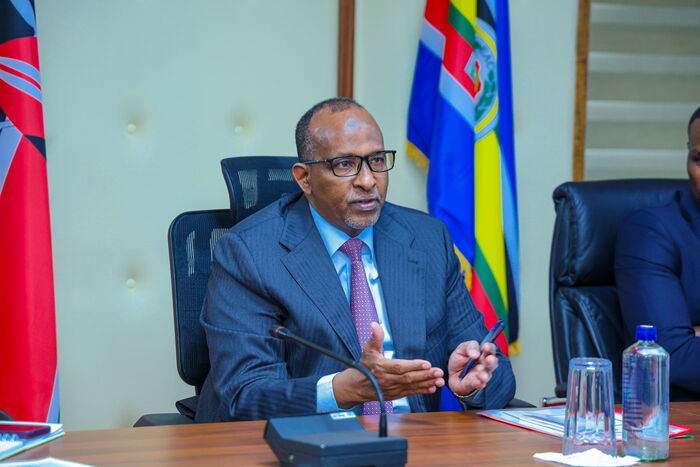Kenya has been rocked by a major financial scandal after it was revealed that KSh 44.8 billion collected through the eCitizen platform during the 2023/2024 financial year cannot be accounted for.
The Auditor-General’s latest report shows a glaring mismatch between the amount of money recorded as collected on the eCitizen platform and the actual funds reflected in the government’s official financial records. The missing billions raise serious concerns about transparency, accountability, and the integrity of the country’s digital revenue collection system.
According to the report, out of a total KSh 100.8 billion generated via eCitizen, only a portion could be traced in official Treasury accounts. A significant chunk—KSh 44.8 billion—remains unexplained, prompting widespread outrage and concern among both citizens and lawmakers.
In response to the audit revelations, Parliament has summoned top Treasury officials, demanding immediate explanations. Pressure is mounting on Treasury Principal Secretary Dr. Chris Kiptoo to provide clarity on where the funds went and how such a massive financial gap could occur within a government-controlled system.

Further complicating the matter, the audit also flagged weak internal controls and a lack of real-time financial monitoring on the platform. It was discovered that the government does not have full ownership or operational control over eCitizen, and that third-party vendors may hold critical access rights that could jeopardize both data integrity and public funds.
Lawmakers have raised the alarm over the system’s vulnerability, with calls for a full forensic investigation and a complete overhaul of the eCitizen management framework. Some members of Parliament are pushing for immediate suspension of current vendor contracts and the establishment of a government-controlled digital revenue authority.
The public reaction has been swift, with Kenyans demanding transparency and justice. Social media has erupted with calls for accountability, and civil society groups are now urging the government to act decisively to protect public resources.
As investigations continue, the fate of the missing KSh 44.8 billion remains unclear. The incident has become a lightning rod for debates about digital governance, vendor accountability, and the protection of taxpayer money in an era of rapid digitization.
This developing story is expected to dominate national headlines as more revelations come to light in the coming days.












Leave a Reply